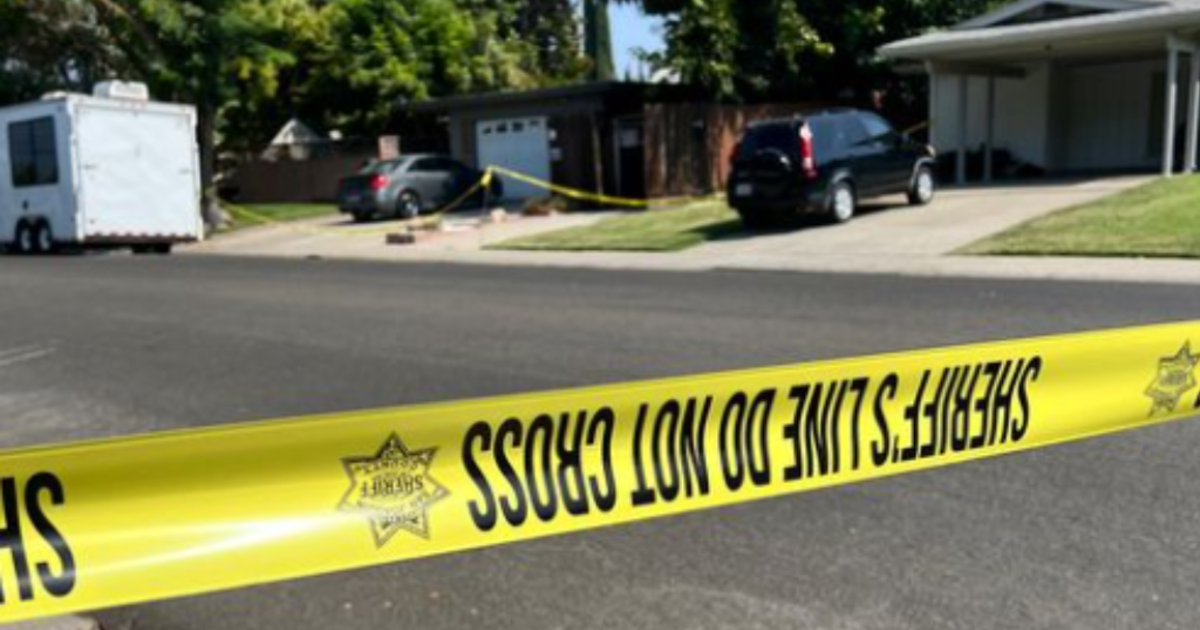Stockton's prominent homeless encampment, the "Interchange Complex," has recently come under the spotlight. Despite receiving an $11.2 million grant from California to shift the homeless residents out, only a fraction is expected to benefit from this funding.
The Interchange Complex, situated around the Crosstown Freeway and Interstate 5 overpass, hosts between 200 and 500 inhabitants. The area has recently become synonymous with crime, violence, and uncontrolled fires. The pressing question arises: Why is such a significant grant expected to aid only 56 to 72 of the encampment residents in securing permanent housing?
Fred Sheil, the administrator of Stocktonians Taking Action to Neutralize Drugs (STAND), explains, "This project is going to help a lot of people out of homelessness. But is it going to get everyone out of the encampment? No."
The challenge lies in Stockton's skyrocketing housing prices. Petra Linden, CEO of St. Mary's Dining Room, puts it succinctly: “We do not have housing that’s affordable.” Approximately $9 million of the grant is designated for purchasing properties to convert into permanent housing.
Yet, in the current housing market, this sum doesn't stretch far, securing around 20 median-priced homes. The situation is exacerbated when competing against Wall Street investors and hedge funds in the real estate market.
Linden envisions a systematic “pipeline” from the encampment to permanent housing. The three-fold strategy begins with outreach workers attending to the immediate needs of the encampment residents. Next, select individuals will transition to temporary shelters. Finally, a small percentage will move into permanent housing purchased with the grant funds.
However, challenges are rife. On any given night, most of the county's shelter beds are occupied. The introduction of two new facilities will offer additional beds, but this does little to meet the overwhelming demand.
Sheil predicts a bleak scenario, with new homeless individuals emerging regularly. “There are new homeless people getting created every day. Every month," he observes. "And we don’t even know how many."
Linden voices the mounting frustration, emphasizing the need to tackle unsheltered homelessness as the primary focus.
"Our clients are frustrated," she states. "We are frustrated. The community is frustrated."
With the county still grappling with the complexity of homelessness, it's clear that while the grant provides some relief, a comprehensive solution remains elusive.


